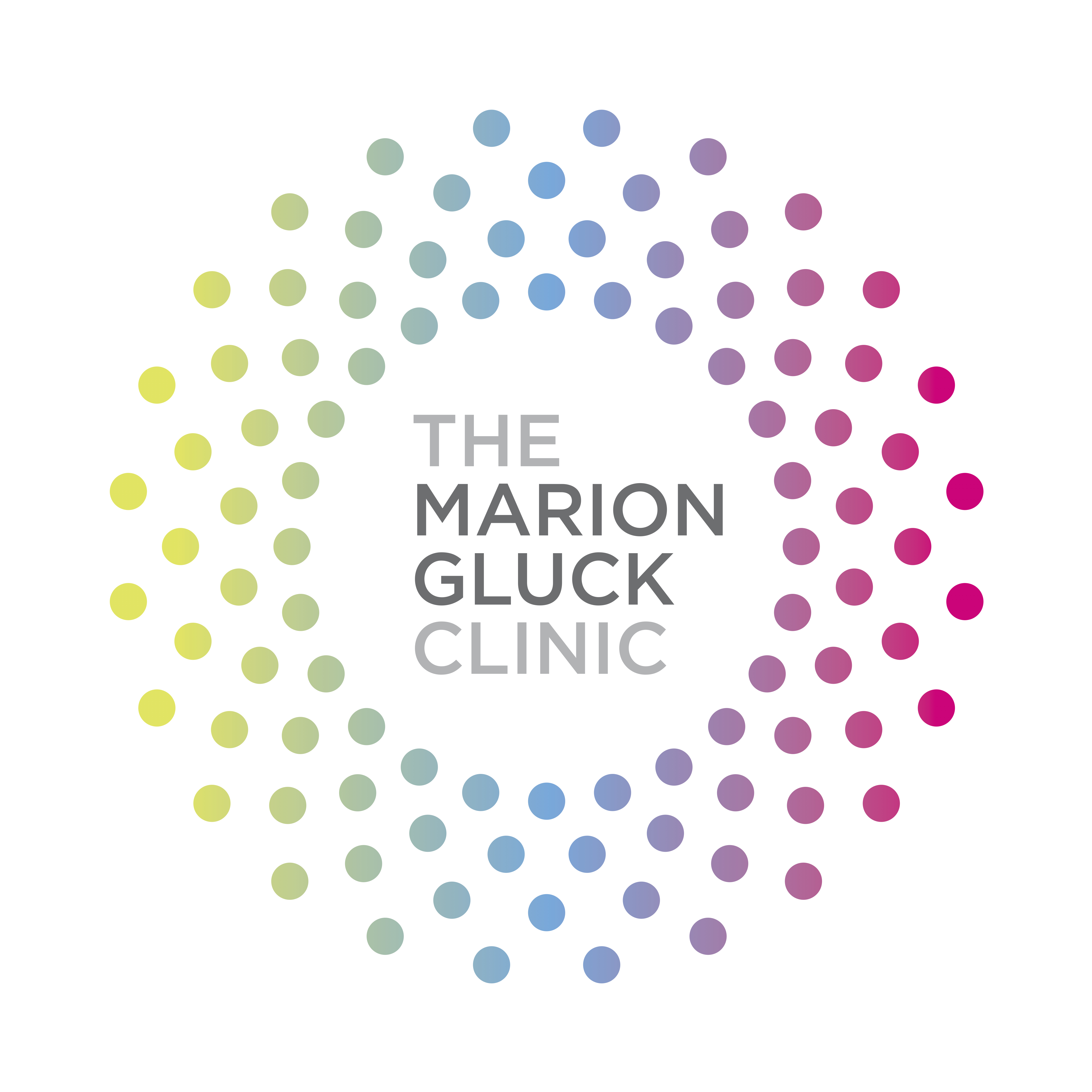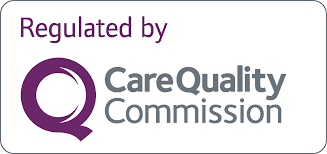How To Increase Progesterone Levels In Women Over 40
Perimenopause is sometimes known as your second puberty because it can be just as unpleasant as the first. It can start anywhere between two to twelve years before your final period.
Oestrogen levels during cycle
In your forties, oestrogen starts to spike whilst progesterone levels tend to decrease with age.
Oestrogen levels can be completely sporadic, reaching levels that are almost three times higher than when you were younger. These high levels can bring symptoms of breast pain, heavy periods, fluid retention, irritable mood, and even allergies (some women get a histamine or mast cell reaction).
Oestrogen levels also tend to drop momentarily after the spike, which can cause depression, weight gain, hot flushes, and night sweats. Simultaneously, progesterone starts to diminish over time; even though it can be used as a buffer against the turbulent ups and downs of oestrogen.
Symptoms of low progesterone
Symptoms of low progesterone include:
Insomnia
Heavy periods
Frequent migraines
At this time of life, supplementing with vitamins, minerals and progesterone cream can help. For more information, please read our article on low progesterone.
Why do we need supplements?
Our diet might not be as nutrient-dense as we would like, especially if we have a penchant for refined carbs, bad fats, processed foods or alcohol.
Even if we’re eating well, food processing, pesticides and long-distance transportation can deplete the nutrients in foods.
We also may not digest and absorb our food well due to:
Low stomach acid/digestive enzymes
Food intolerances
Poor gut health (imbalances and infections)
Stress
Medications
Ageing — with time, inflammation, oxidative stress, toxicity, general wear and tear, and hormone imbalances are all part of the package
Supplements to increase progesterone
There are a number of supplements you can take to increase your progesterone levels.
Multivitamins or multi-minerals
Take a good multivitamin and multi-mineral that contains zinc and B6 and (if you are still having periods), iron.
Zinc is needed for the production of Follicle Stimulating Hormone (FSH), which in turn causes ovulation and leads to the production of progesterone. Vitamin B6 has been shown to improve progesterone levels.
Vitamin D3 with K2
If you live in the UK, then chances are that you will need a vitamin D top-up. Vitamin D is essential for making hormones, healthy bones, and an immune system regulator. It’s also beneficial for mood, heart health, hormones and more.
It doesn’t work alone though — it needs magnesium, Vitamin K2 and other nutrients that you'll get in your multivitamin.
Vitamin C
Research shows that women who take vitamin C have significantly increased levels of progesterone in their systems — we’re talking about taking 750-1000mg per day.
As well as fighting infection and immune support, Vitamin C is a potent antioxidant, which means that it prevents too much oxidative stress, protecting our cells and our DNA from damage.
It's needed for the production of collagen, the major component of skin, bone and connective tissue and it helps the adrenals to produce cortisol.
Omega-3 fish oil
Unless you are eating oily fish at least three times a week, you are likely not getting enough omega-3 fats. Adequate levels of omega-3 play an important role in reducing the risk of arthritis, heart disease and brain and mood disorders.
Magnesium
Magnesium is key for over 300 different enzyme reactions in the body, including energy production, adrenal support, and heart and bone health. It helps us relax and helps us sleep, and can be great for restless legs, which can also occur when progesterone starts to drop.
L-Arginine
L-Arginine is an amino acid found in high-protein foods and is important in the production of nitric acid, which aids the corpus luteum to produce progesterone following ovulation.
Bioidentical progesterone
Hormonal balance is something to strive for throughout our lifetime. Women typically begin to produce less progesterone in their late 20s or 30s, and it keeps dropping.
Supplementing with progesterone can dramatically improve symptoms such as hot flushes, difficulty sleeping, anxiety, mood swings and cognitive changes (brain fog).
Bioidentical PMS cream can relieve symptoms of both oestrogen excess, stabilise the nervous system (the hypothalamic-pituitary-adrenal axis) and support thyroid function. All of this can make you feel that much more resilient and able to cope with whatever life throws at you.
Book an assessment with Hormones and You
If you are suffering from symptoms such as anxiety, mood swings, breast tenderness, brain fog, fatigue, or PMS and you think you may benefit from bioidentical PMS cream, get in touch with the experienced team at Hormones and You to book an assessment.






